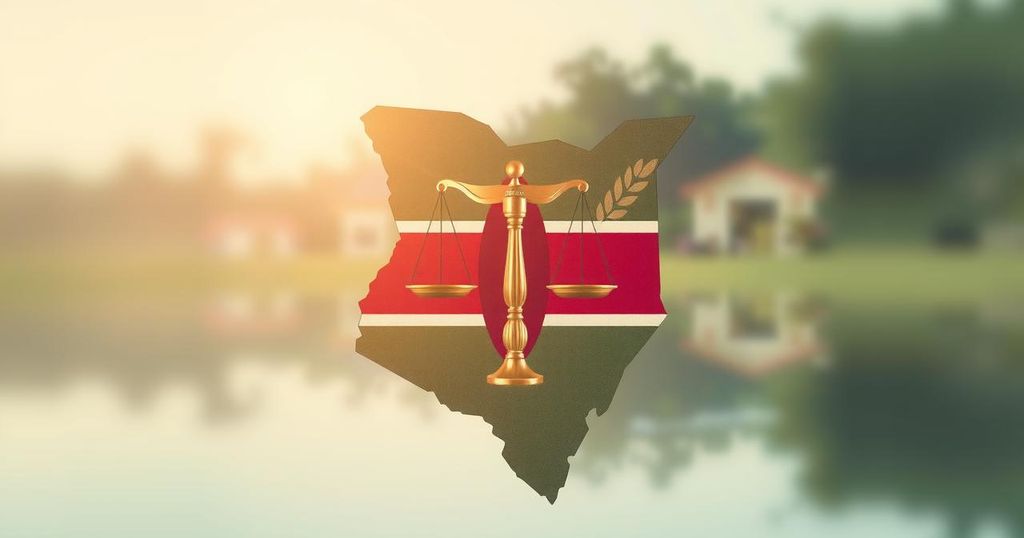Kenya’s High Court of Garissa ruled unconstitutional the government’s denial of ID documents to ethnic Kenyan Somali nationals, ordering the removal of their names from refugee databases. The court mandated establishment of vetting committees for citizenship verification. The ruling is a significant step in safeguarding the rights of ethnic Kenyans of Somali origin, who have faced challenges stemming from previous incorrect registrations.
The High Court of Garissa in Kenya has ruled that the government’s refusal to issue identification papers to ethnic Kenyan Somali nationals is unconstitutional and violates their rights. The court ordered the government to eliminate within 60 days the names of ethnic Kenyans of Somali descent who were inaccurately listed in refugee databases. It additionally instructed the establishment of vetting committees with relevant agencies to confirm the citizenship status of individuals labeled as “double-registered.”
The ruling was welcomed by the Kenyan NGO Haki-na-Sheria, which emphasized the need for the government to take prompt and effective actions to rectify the situation. Human Rights Watch expressed their support and urged the Kenya government to ensure access to amenities for those recognized as citizens following this ruling. Haki-na-Sheria’s Executive Director, Yussuf Bashir, described the court’s decision as a significant step in recognizing the citizenship rights of affected individuals.
The High Court’s January 2025 ruling acknowledged that tens of thousands of ethnic Kenyan Somali nationals had been unjustly categorized as refugees, which led to statelessness and the denial of basic rights. Historically, the classification stemmed from the 1992 drought that caused many to register as refugees to receive aid, complicating their citizenship claims. A joint database created by UNHCR and the Kenyan government contributed to the confusion over national registration, impacting around 40,000 Kenyan Somali nationals.
The ongoing challenges faced by these individuals underscore the necessity for continued advocacy and reforms to ensure that all Kenyans, regardless of their ethnic background, can access citizenship rights and related benefits without impediments. The resolution of this issue is critical for restoring dignity and rights to a significant portion of the Kenyan population.
In conclusion, the High Court of Garissa has taken a decisive stance on the citizenship rights of Kenyan Somali nationals by deeming the government’s actions unconstitutional. This ruling not only mandates the removal of unjust registrations but also prompts necessary measures to restore rightful citizenship to affected individuals. The international community and local NGOs have emphasized the importance of this judgment in promoting human rights and ensuring equitable access to citizenship benefits. Moving forward, the government’s compliance with the court’s directives will be crucial in alleviating the challenges faced by tens of thousands of affected individuals, thereby enhancing their overall quality of life in Kenya.
Original Source: www.jurist.org




